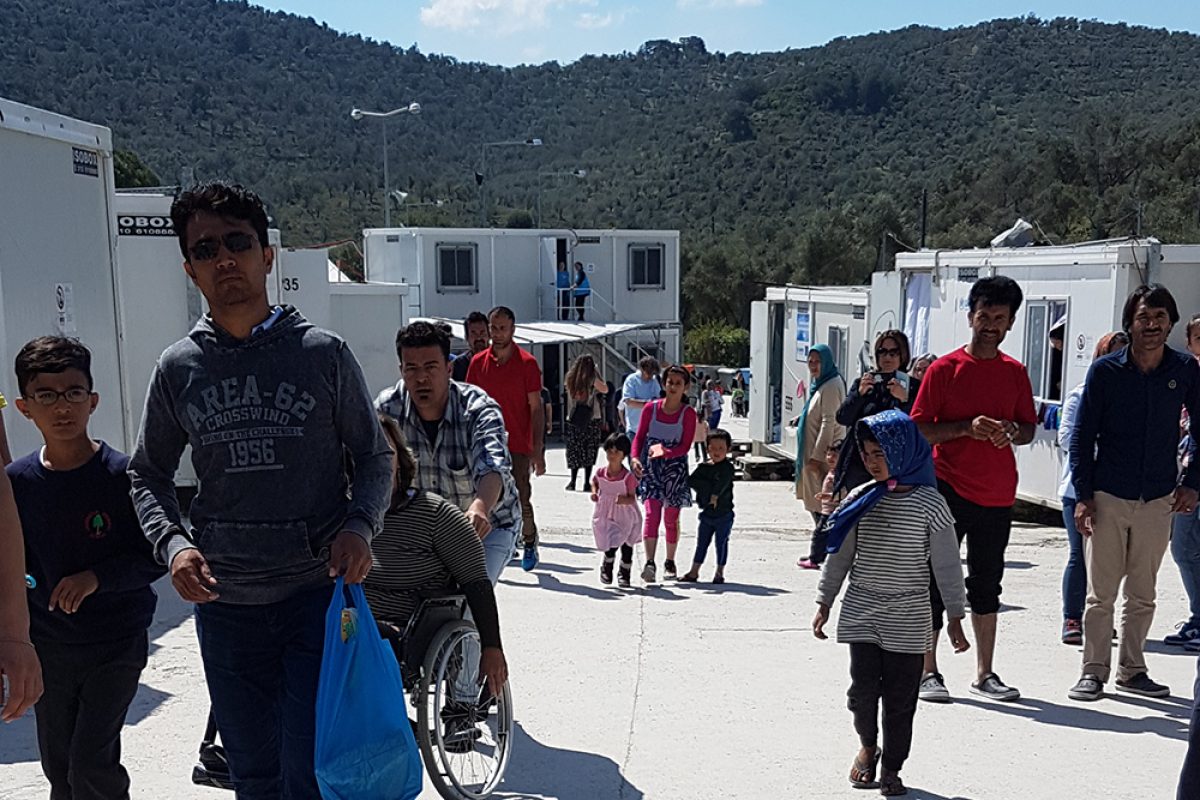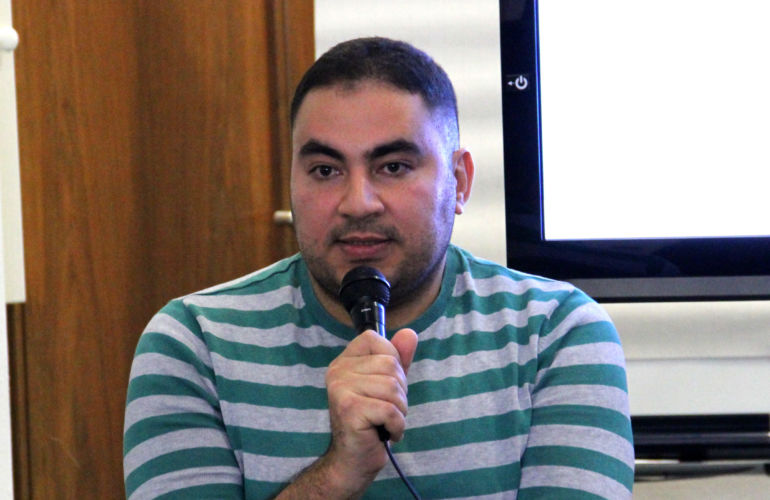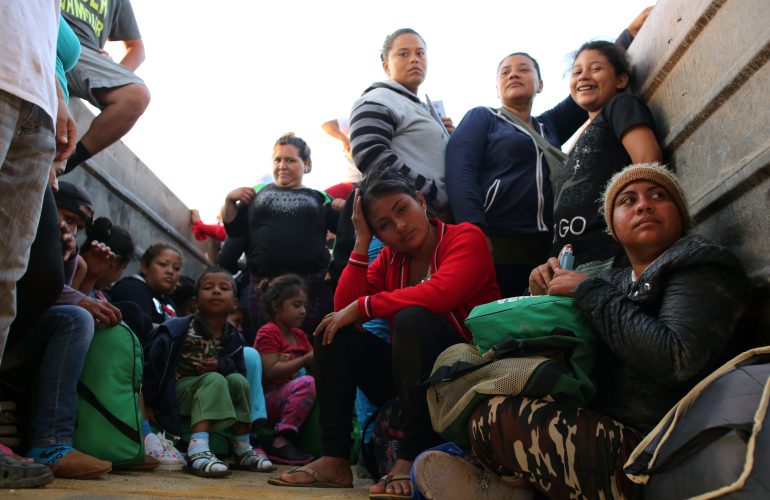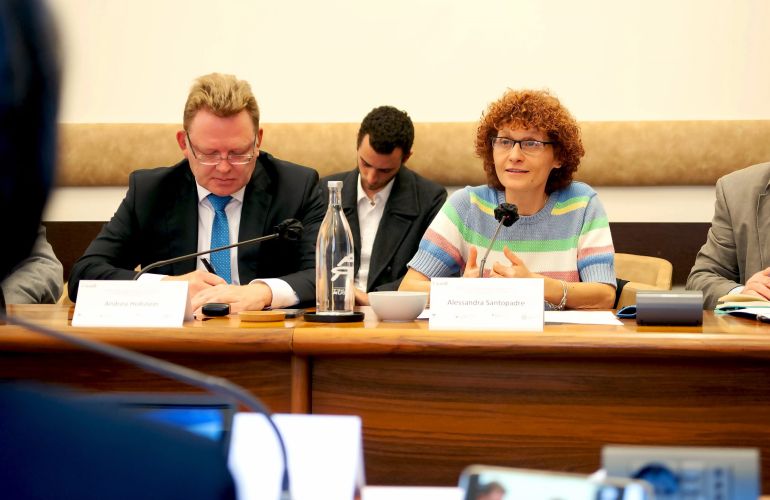European Church Must Awaken New Energy to Welcome Refugees from Greece, Cardinals Say

A letter from three Cardinals urges European Bishops to fulfill their Christian duties towards refugees in Greece by collaborating with governments to set up humanitarian corridor programs.
In a 28 January letter addressed to the Catholic Bishops’ Conferences in member countries of the European Union, three prominent Cardinals have called upon the Church to help refugee families living in reception camps in Greece. The letter asks the Episcopal Conferences of each European country to collaborate with their respective governments to establish humanitarian corridor programs to transfer refugees.
The letter is signed by Cardinal Jean-Claude Hollerich, Archbishop of Luxembourg and President of the Commission of the Bishops’ Conferences of the European Community, Cardinal Michael Czerny, Co-Under-Secretary of the Migrants and Refugees Section of the Vatican’s Dicastery for Promoting Integral Human Development, and Cardinal Konrad Krajewski, Almoner of Papal Charities.
The appeal describes Pope Francis’ example of welcoming refugee families from Lesbos, Greece, to Vatican City State in 2016 as a path that “could give back hope to about 20,000 adults and over 1,100 unaccompanied minors.”
“[T]his path has become – as well as a Christian duty – a heartfelt invitation for the whole Church to awaken new, evangelical energies of welcome in each of the member countries of the European Union,” reads the letter.
In January 2020 only, over 3,000 refugees crossed into Greece by sea, mainly to the islands of Lesbos and Samos. Many joined the already overcrowded camps, including camp Moria on Lesbos island.
Built to host 3,000 people, Moria currently hosts over 19,000, 42% of whom are children. For these residents, access to sanitary facilities, clean water, food, electricity and shelter is a daily challenge. Following a protest by islanders, the Greek government recently backed down on its plans to shut down Moria and similar camps on other islands and to replace them with larger detention camps.
The “Guidelines on the procedure for the transfer of asylum seekers and refugees from Greece to a European country,” produced by the Community of Sant’ Egidio, accompany the Cardinals’ letter. The seven-point document establishes the terms on which episcopal conferences, the Greek government, and other European countries can together set up such humanitarian corridor agreements.
The Community of Sant’Egidio along with the Federation of Evangelical Churches in Italy, the Waldensian Board, Caritas Italiana and the Italian Ministries of the Interior and Foreign Affairs have operated a humanitarian corridor to Italy pilot project since 2015. This agreement has allowed over 2000 highly vulnerable refugees living in Lebanon and Ethiopia to safely enter Italy through community-based sponsorship. The Community of Sant’Egidio is also a signatory to two more humanitarian corridor agreements with the governments of France and Belgium.
Humanitarian corridors are a type of admission pathway for refugees that is complementary to traditional, government-led resettlement. They are based on a community-sponsorship model, through which an association, a religious group, including parishes, dioceses, and religious congregations, or other group of people agree to support refugees financially for a determined period of time. The group also helps the sponsored refugees with integration and cultural orientation.
The International Catholic Migration Commission (ICMC) has since long advocated for the implementation and expansion of such programs in Europe. Community sponsorship, and more broadly, complementary pathways to resettlement, have been a key focus of ICMC Europe’s SHARE Network since 2015. The SHARE Network’s activities include capacity-building, research and advocacy on the topic of complementary pathways.


